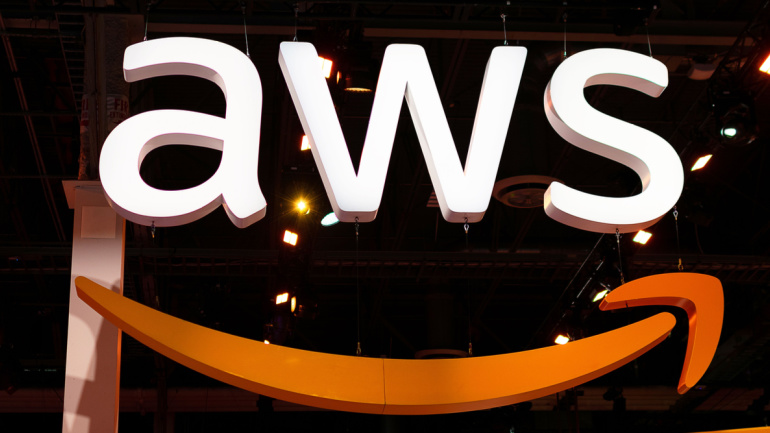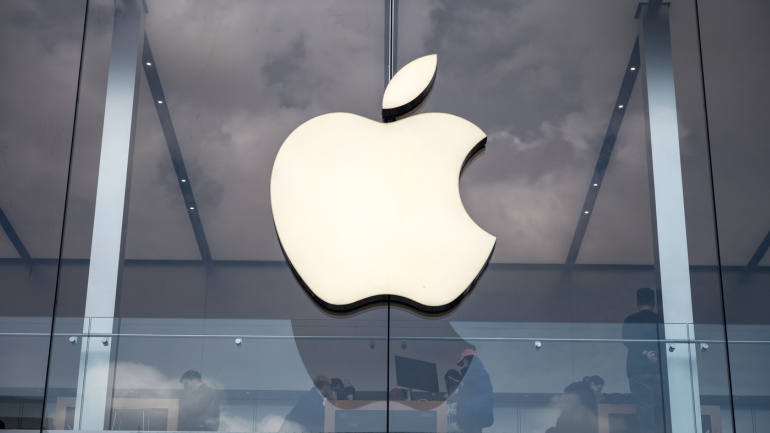Snom Technology, the globally established telecommunications hardware brand, has been providing the high-end hotel industry with premium handsets for years. These devices are widely regarded as an enormous asset to the industry, since hotel rooms still need to feature a telephone in order to win stars. Despite this, not every hotel wants sophisticated business phones in its guest rooms, as only a minority of people will need to use all the device’s functions.
Amazon’s sizable investment in one AI provider shakes up AWS’ traditional neutral stance on supporting multiple AI models—a game-changer with implications for large tech players and telecommunication operators. The recent announcement to commit up to $4 billion to Anthropic, a competitive stakeholder in AI, could alter customer experiences and sway preferences towards their Claude AI model. The telecoms industry’s reaction remains crucial as operators navigate the expanding AI revolution.
The UK’s groundbreaking Online Safety Bill, focused on child protection and adult control, has recently been approved by Parliament. Despite optimism for its ‘game-changing’ potential, critics argue of potential privacy encroachments and inherent ambiguities.
BYOD VoIP, or “Bring Your Own Device Voice over Internet Protocol,” lets employees use personal devices like smartphones, tablets, or laptops for business calls through VoIP. This approach enhances flexibility, productivity, and cost savings, but it also poses challenges like security risks, device compatibility, and privacy concerns. Implementing BYOD VoIP effectively requires clear policies, network readiness, robust security measures, and employee training.
Explore the ‘Connected Nations’ report showcasing a promising surge in “Full Fibre” reach across the UK, now covering 52%. However, a static picture emerges for “superfast broadband” stuck at 97%, while Gigabit broadband registers a rise, and changes in 3G usage towards obsolescence are also highlighted. Further, discussions on smart devices over-harvesting consumer data and potential changes in the nation’s broadband landscape spark curiosity.
As internet giant Hurricane Electric curbs access to the notorious web forum Kiwi Farms, it raises pivotal discussions around online free speech. However, the Electronic Frontier Foundation forewarns of a hazardous trajectory, as hysteria around controversial platforms could pave the way to excessive intervention from mighty internet infrastructure providers. Meanwhile, the role of such companies in managing online content remains a hot topic.
Apple’s stance on users’ right to repair their iPhones and Macs has shifted dramatically over the years. From opposing repair rights and warning against potential security risks, the tech giant is now endorsing California’s SB 244, a significant right-to-repair bill with far-reaching implications.
Rogers Communications takes a gigantic leap forward, ushering in 5G services across Toronto’s subway system. While this promises enhanced network coverage and emergency call dependability, it raises concerns among competitors Bell and Telus, about potential market limitations. This unfolding drama in the Canadian telecoms industry draws the industry’s anxious gaze.
Transferring 5G workloads to the public cloud is proving slower than expected, leading financial firm Dell’Oro to adjust its growth predictions for 5G standalone (SA) solutions down. Despite this, a growth rate of 65% over five years is still anticipated. However, the slow adoption of 5G SA by mobile network operators and enterprises has led to a cautious approach. Hyperscale cloud providers look set to hold just 6% of total market revenue in the next five years, underscoring the remaining untapped potential in the 5G SA market.
In an unprecedented move, China has taken decisive action against personal data breaches, closing a staggering number of cases while also unveiling draft laws to regulate facial recognition technology. Over the past three years, Chinese law enforcement has effectively shut down 36,000 instances of personal data violations, leading to the detention of 64,000 suspects, as per the Ministry of Public Security. These efforts are part of a broader initiative launched in 2020 to govern online activities, resulting in the seizure of more than 30 million SIM cards and 300 million “illegal” internet accounts.













